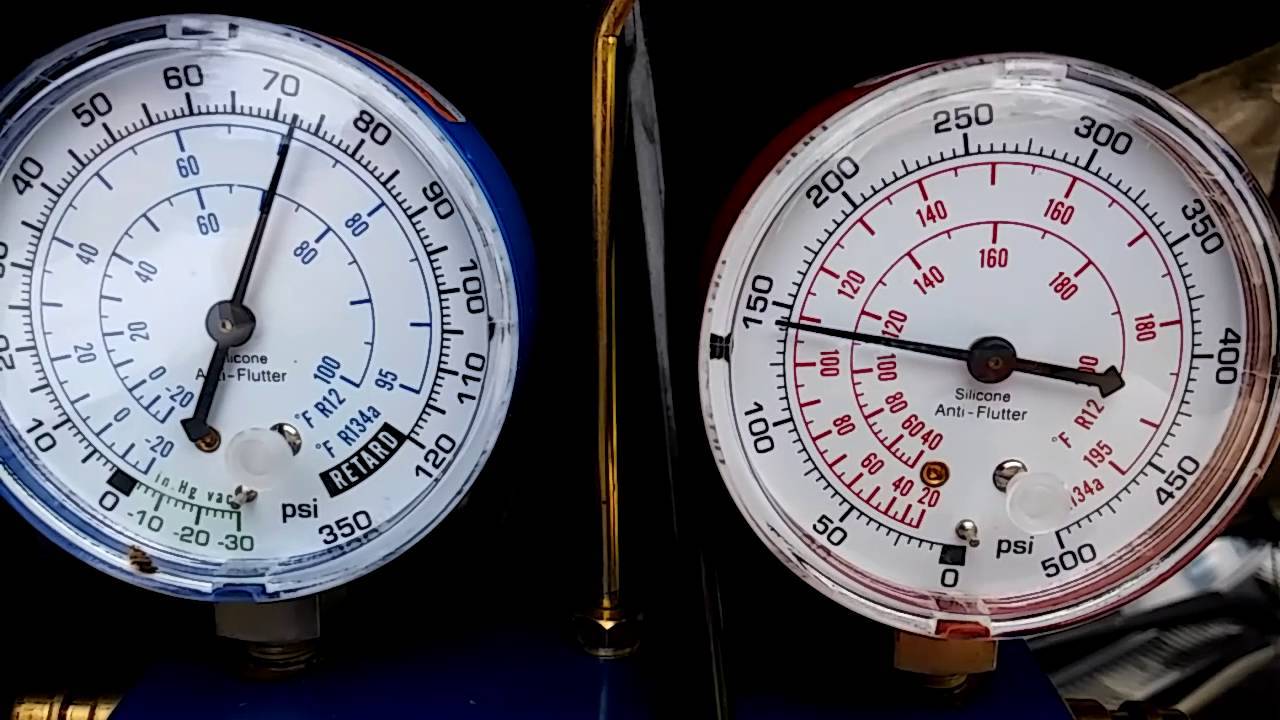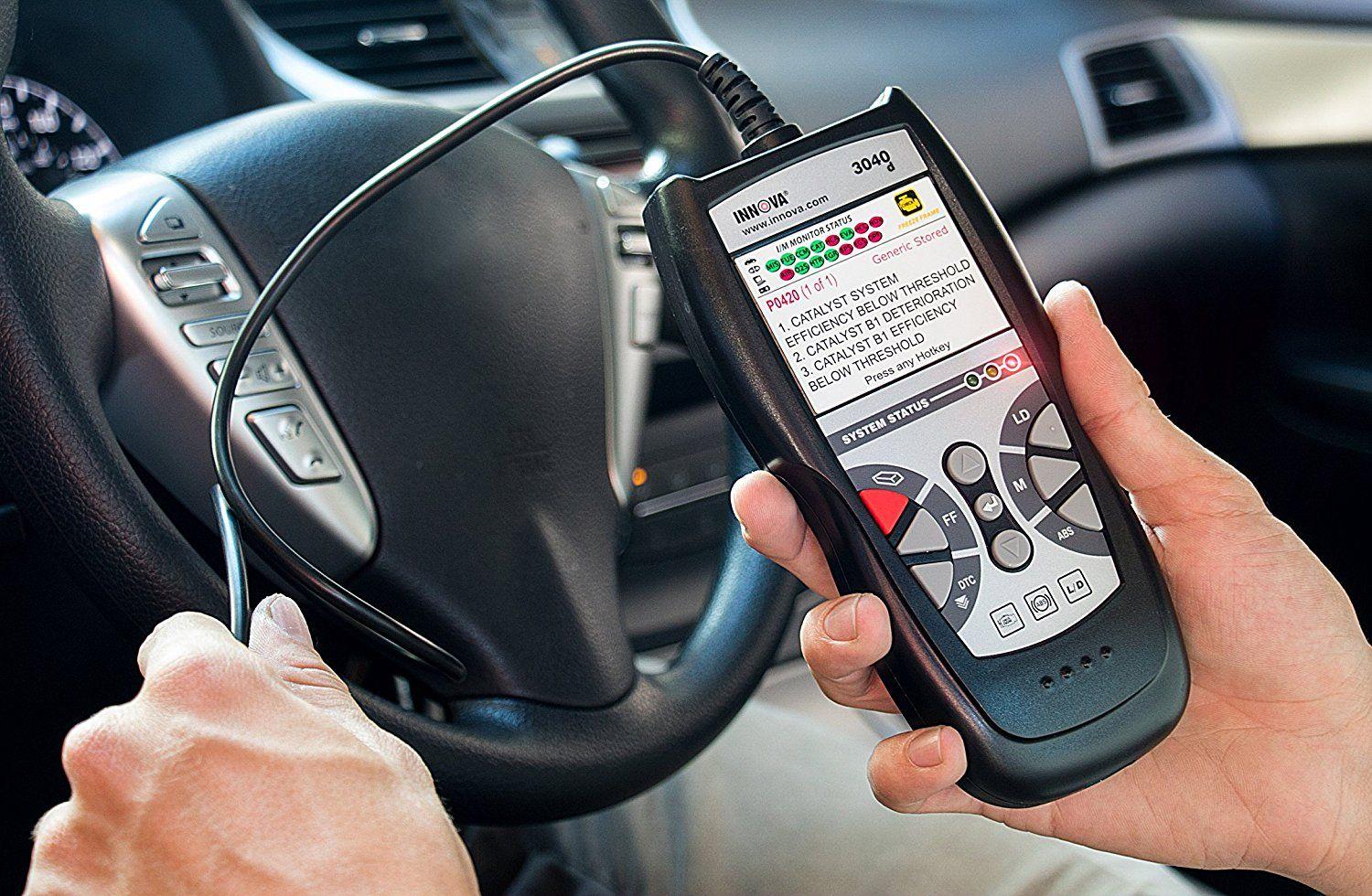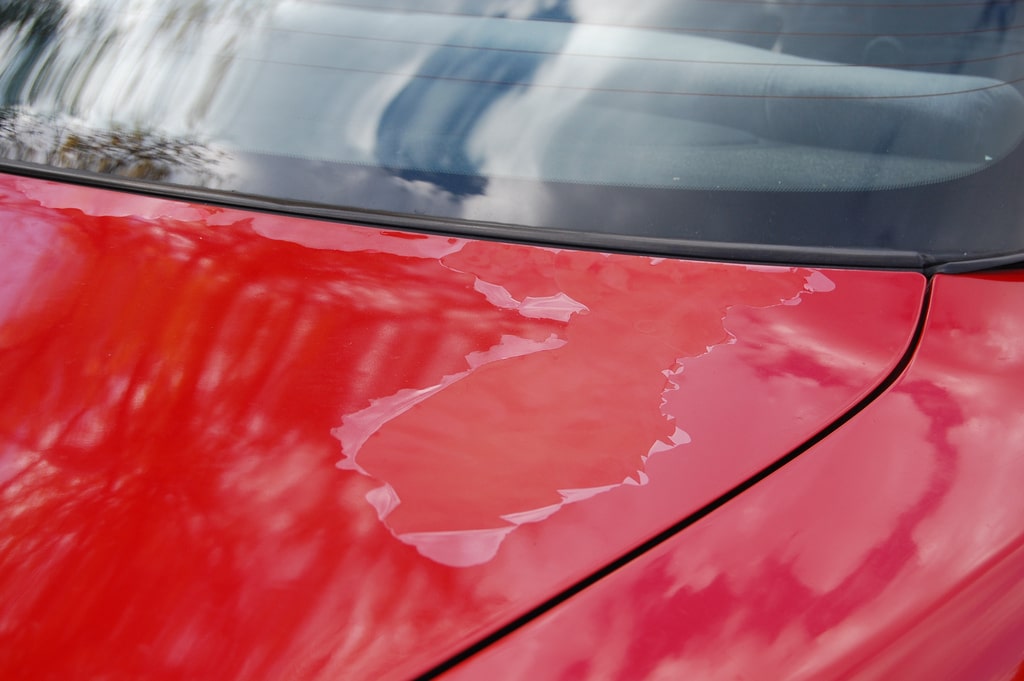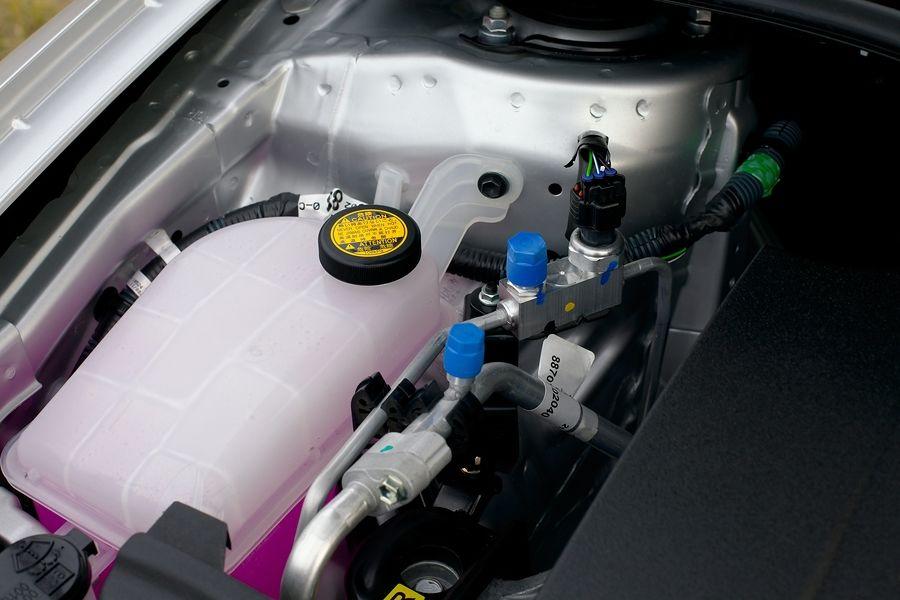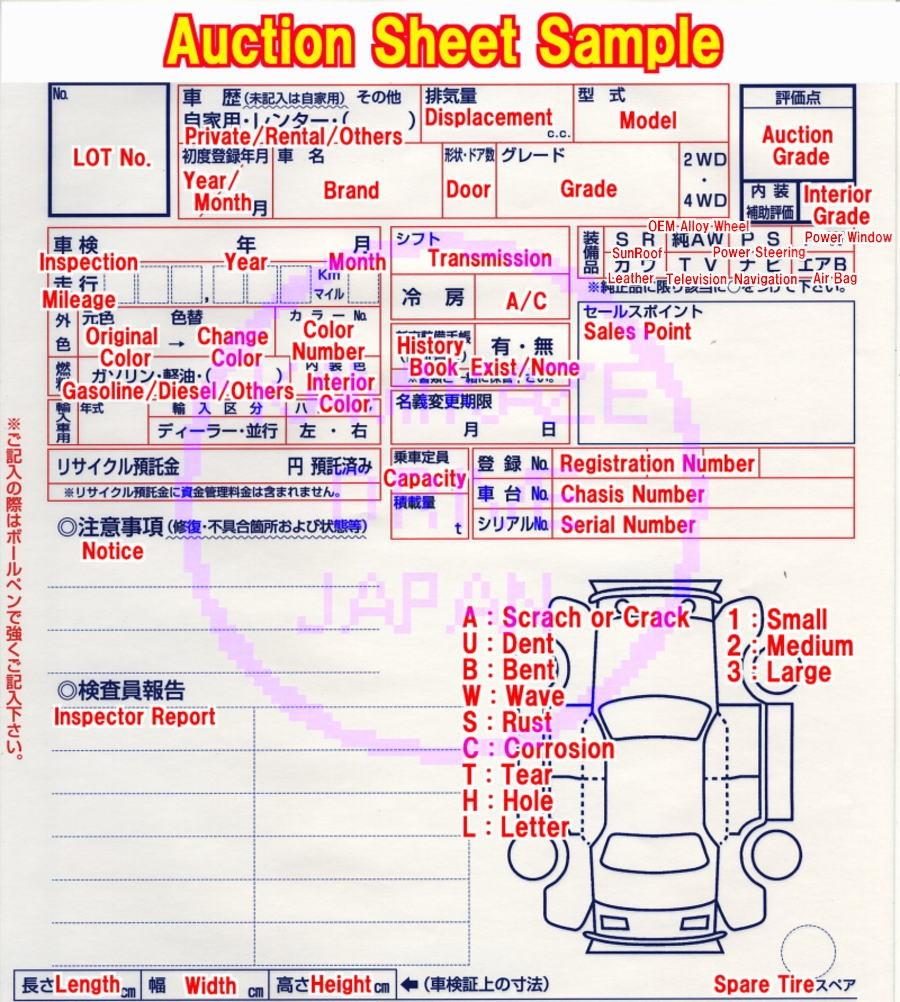How To Solve Car’s Brake Caliper Sticking Problem
Brake caliper sticking can cause serious brake problems if left unchecked. The problem is rather uncommon, but it can affect the safety of your vehicle if not diagnosed and fixed right away.
How To Detect Brake Caliper Sticking Problems
There are various factors that affect an automobile’s brake, however, most of them are because something has stuck or seized inside the system.
For example, the piston stuck. In this situation, the engine and brakes will warn you with small red flags about brake sticking problems. The symptoms may include:
The Engine Faces Problems in Maintaining Speed
When the brake caliper sticking problems happen, or when the pad is stuck, the car will be reduced in power and cannot maintain its speed. It seems as if the parking brake is on.
The Brakes Don’t Release smoothly after Removing Pressure from the Pedal
This is another popular symptom to tell if a brake becomes seized or not. Unused vehicles are usually the targets of this issue. In some cases, the brakes are so tight that the car can’t even move.
Your Car seems to Pull More to One Side when Braking
In many situations, the brakes binding on one wheel will happen so often that some drivers cannot even notice the issue. Most of the time, car owners can only find out about this symptom when car mechanics test the brakes.
The Seized Brake gets Hot
Last but not least, overheating brakes are a symptom that every driver can notice. Sometimes, you can even see smoke coming off the brakes.
So when this happens, stop driving now! Not only a binding brake can cause fire, but it can also damage car components and discs that connect to the wheel hub.
The Reasons for Sticking Brake Caliper
Many drivers wonder: what would cause brakes to not release? Some of them know that caliper sticking after brake job, but what are the factors that lead to the stucking?
Well, stuck caliper brakes can occur for various reasons. If you are well aware of automobile mechanisms and have a knack for repairing things by yourself, knowing the reasons will help you fix the problems easily. Car brake caliper may stick when:
- Brake pads in the caliper are stuck or corroded because of not being able to slide in and out smoothly.
- Brake caliper bolts are not lubed enough to slide in or out smoothly. It happens when their protective rubber boots are damaged or torn.
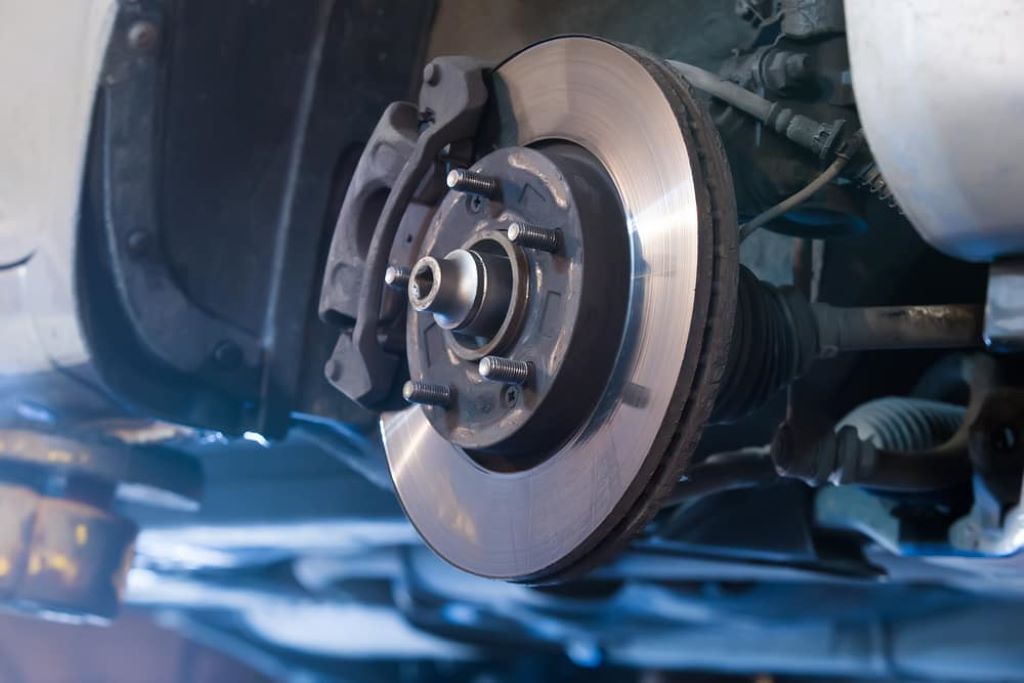
- The caliper piston’s rubber boot is torn on rust.
- The brake hose deteriorates internally.
How to Repair Car Brake Caliper Sticking
Repairing brake sticking problems is a complicated task, and you may need professional assistance. However, you can do it if you have good knowledge about automobile mechanisms.
Removal of sticking caliper brakes will require a professional mechanic if it is semi-loaded. However, you can try it if yours are non-loaded.
Tools & Supplies Needed for Brake Caliper Sticking Repair
In order to answer the question: how to fix a caliper that is sticking? Tools and supplies are essential. This is our list of what you might need in order to fix the sticking instead of buying a brand new brake caliper sticking:
- A ratchet set
- Pliers
- Brake pads
- Screwdrivers
- A wrench
- Brake bleeding tools
- A tool for turning the caliper piston
- A drain pan
- Brake fluid
- Lubricant for brakes
Directions for Brake Caliper Sticking Repair
Wheel removal. Remove the wheel and loosen the lug nuts with the ratchet. Remove the wheel and the nuts, and set them aside.
Caliper removal. Loosen the banjo bolt that links the brake caliper to the brake line. Loosen and remove the bolts that keep the caliper attached to the wheel assembly. Don’t forget to place a drain pan under the brake mechanism to catch the brake fluid. Remove the bolts, rubber boots, and sliders from the caliper and lubricate all of these mounting components.
Securing the new caliper. Compress the piston of the new caliper with the brake caliper piston tool. Attach it to the end of the brake line. Lubricate the caliper bolts, put the new brake pads on them, and secure them to the wheel assembly. Finish the job by attaching the brake hose and tightening the banjo bolt.
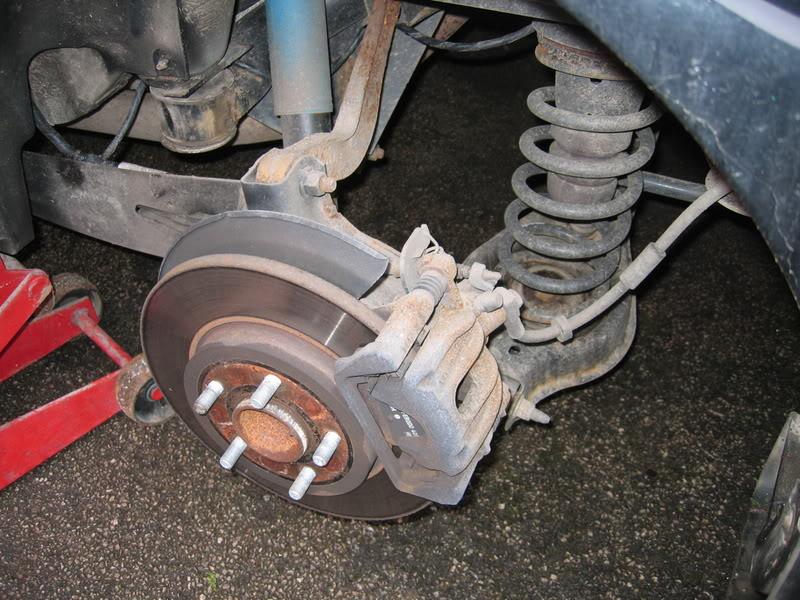
Bleeding the brakes. Fill the master cylinder and connect a hose to the bleeder valve. Now, open the valve and ask someone else to press down on the brakes at that time. Close the valve when you see air bubbles in the jar. Repeat this process until there’s no bubble left in the jar. Refill the cylinder and close the bleeder valve.
Securing the wheel. Use your hands to tighten the lug nuts after putting the tire back on the wheel assembly. Once you put the car on the ground by taking off the jack, tighten the nuts with the ratchet.
Congratulations! You’ve just got rid of your brake caliper sticking problem!
FAQs on Brake Caliper Sticking
The brake is the most crucial part of the car, so understanding how it works, as well as the issues around it are essential for all car owners. Here are the FAQ and answers for each of them:
1. What would cause a brake caliper to stick?
One of the most common reasons why a brake caliper gets stuck is the combination of a caliper piston and a brake hose. Normally, the piston can work thanks to a rubber boot lubricating and protecting.
However, the rubber will be torn over time, causing rust and debris to form inside the caliper.
2. Can I spray wd40 on my brake calipers?
Not only that, the cleaner can be used on brake linings, brake shoes, rotors, drums, caliper units, pads, and other areas of the braking system while they are still intact. Remember to cover other places in the car while applying the brake cleaner.
3. Can a stuck caliper fix itself?
Yes. Seized caliper pistons can be fixed by the hydraulic pressure of the system itself. Even though car owners can bring their vehicles to the automobile shop and ask for a quick check, they can also fix them at home.
After that, drivers can pump the brake pedal in order to move the piston past the corroded section.
4. Can I drive with a sticking caliper?
If you’re having a sticking caliper, you can still drive with the brakes applied slightly all the time.
Since the pad of the brake cannot completely disengage from the brake rotor’s surface, the vehicle will be moving with a stuck caliper and creating stress on the transmission.
5. Which way do I turn my caliper piston?
Clockwise. That is the correct direction to turn the rear calipers. Before making the turn, remember to use the rear caliper tool and line up the cutouts in the piston.
6. How much does it cost to fix a sticking brake caliper?
From $60 to $200. If just the caliper is broken and nothing else, then car owners only need to replace the caliper and maybe the rest of the brake job (rotors and pads).
Check out this vdieo from AutoEclinic to learn how to diagnose and repair a sticking brake caliper!
7. Should you grease the brake caliper piston?
Yes, you should. And it is recommended that drivers use brake assembly fluid often. Not only can it help install the piston easier but also lubricate the rubber brake components.
8. Do I need to open the bleeder valve to compress the piston?
Yes. Drivers must open the bleeder valve in order to compress the piston since they want to install the piston back on the vehicle instead of pushing the fluid up into the ABS unit.
9. What is the best lubricant for caliper pins?
Our recommendation is Permatex Ultra Disc Brake Caliper Lube. It is an environmentally green, non-melting, synthetic lubricant.
10. What is the best lubricant for brakes?
Mission Automotive Dielectric Grease/Silicone Paste/Waterproof Marine Grease. Without a doubt, this is the best lubricant for automotive brakes.
Not only is it waterproof, but it also protects brake caliper pins as well as other car components. Permatex Ultra Disc Brake Caliper Lube is another option for drivers.
11. What can I use instead of brake grease?
Instead of brake grease, silicone grease is the perfect substitution. Car owners can buy this at household and auto part stores.
For automotive, this is an amazing lubricant for all braking systems. It also works on rubber and plastic surfaces.
Final Words
In conclusion, a brake caliper sticking is a critical issue that demands prompt attention to ensure both vehicle safety and performance. Ignoring this problem can lead to uneven brake wear, decreased braking efficiency, and potential safety hazards.
Regular maintenance, such as lubricating caliper components and monitoring brake fluid levels, can help prevent caliper sticking.
If you suspect a sticking caliper, it’s essential to have it inspected and repaired by a qualified mechanic. Timely intervention will not only restore proper brake function but also contribute to the overall longevity and reliability of your vehicle!








